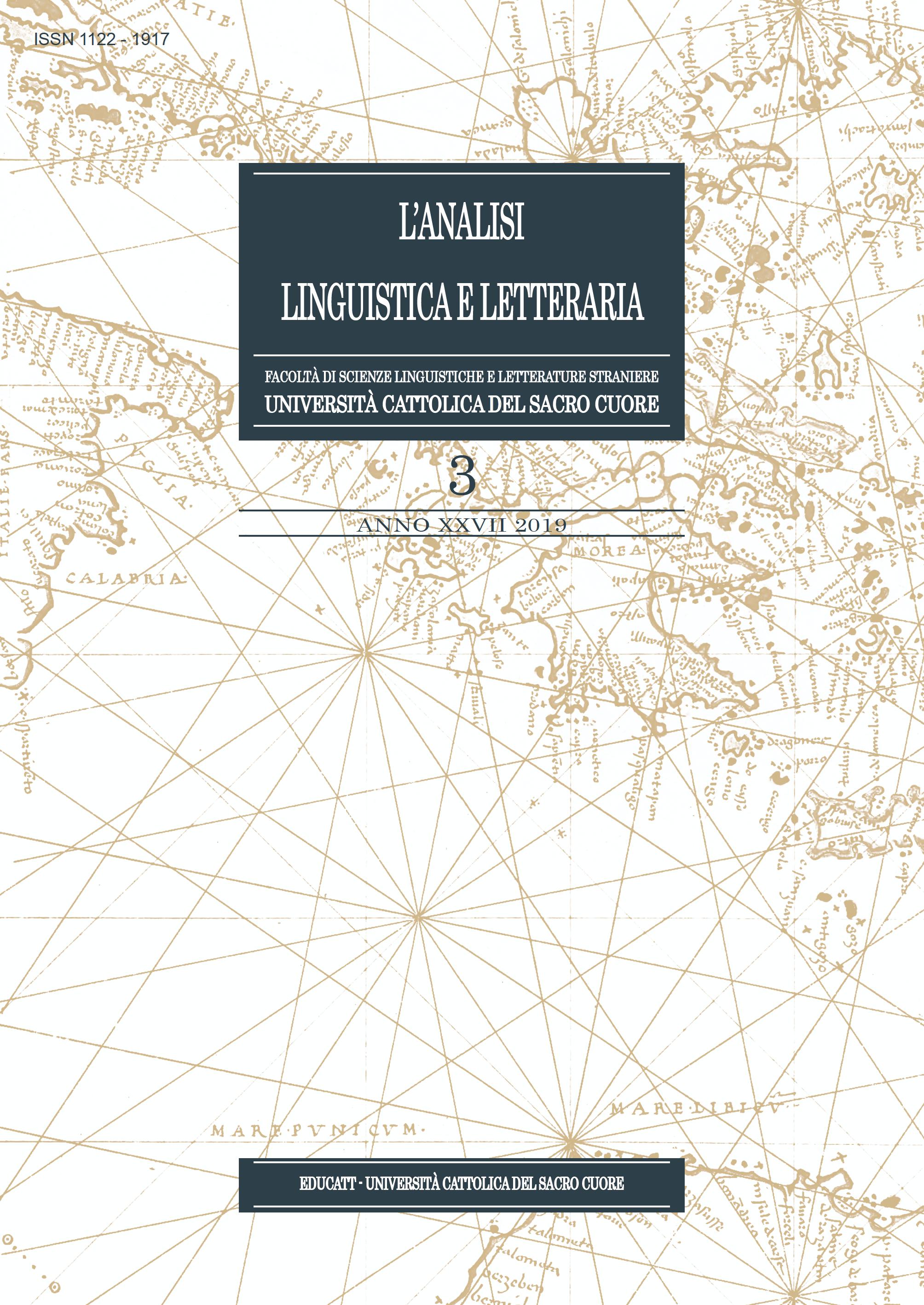“Newly Unfrozen Senses and Imagination”: Shelley’s Translation of the Symposium and His Development as a Writer in Italy

Published 02/10/2020
Keywords
- Percy Bysshe Shelley,
- Symposium,
- translation,
- love,
- drama
How to Cite
Abstract
Shelley’s major effort during his first months in Italy in 1818 was a rapid and brilliant translation of Plato’s Symposium. A translation of that particular work, with its overt and central celebration of homosexuality, was, in an English context, a daring and potentially dangerous undertaking at that time. Shelley’s work on the translation had two highly significant effects. Firstly it brought him up against the limits of freedom in personal conduct and intellectual experiment, given the legal and cultural realities of his native social world. Thereafter, Shelley’s behaviour undergoes a tempered maturation which becomes steadily more noticeable through the four years of his Italian exile. Secondly, the Platonic text exposed Shelley to a sophisticated dialogic and dramatic form which makes an immediate and transformative impact on his major poems of the Italian period. The translation of the Symposium thus plays a pivotal role in the development of Shelley’s mature style, opening the way to his emergence as a major poet.